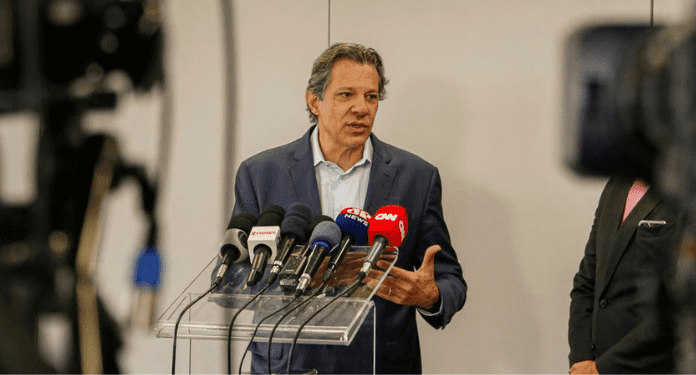The regulation of sports betting in Brazil has the potential to create 10,000 direct jobs immediately, according to estimates from experts in gaming and betting regulation heard by R7.
This is due to the requirement that companies establish customer service centers, known as call centers, in the country. This determination was established by a decree from the Ministry of Finance, published on October 27th.
Economic Benefits of Sports Betting Regulation
The regulation of sports betting in Brazil not only promises to increase tax collection by the federal government, estimated at up to R$15 billion, but also represents an opportunity to generate jobs and income in the country.
According to R7, experts emphasize that this goes beyond simple tax collection, bringing significant benefits to the economy and society.
Technical criteria and requirements for betting operators
In addition to tax issues, the regulatory text establishes technical requirements for sports betting operators.
They must provide service in Portuguese, through free channels and open 24 hours a day, seven days a week.
This not only guarantees transparency in service to bettors, but also creates an environment of trust for the market.
The ordinance also requires bookmakers to register on the Consumidor.Gov platform, a public service from the Ministry of Justice and Public Security that facilitates direct communication between consumers and companies.
International reputation and certification
The reputation of operators is a crucial point in regulation. Foreign companies that have had their authorizations revoked in the last five years by other jurisdictions will not be authorized to operate in Brazil.
Furthermore, the platforms will have to comply with the Treasury’s technical rules and obtain certifications from international laboratories, guaranteeing the quality and integrity of the market.
Predictability and steps in regulation
The federal government chose to regulate the sector in stages, allowing for the gradual construction of a solid regulatory framework. This offers security to those involved and demonstrates the government’s commitment to avoiding future problems.
The ordinance serves as the first step in this regulatory journey, providing general guidelines and indicating that more specific acts will be issued by the Ministry of Finance.
In short, the regulation of sports betting in Brazil not only seeks to increase tax collection, but also promises to boost the economy, create jobs and establish an internationally respected market.
The technical criteria, emphasis on reputation and phased approach ensure a solid and predictable regulatory environment for all parties involved.




















































